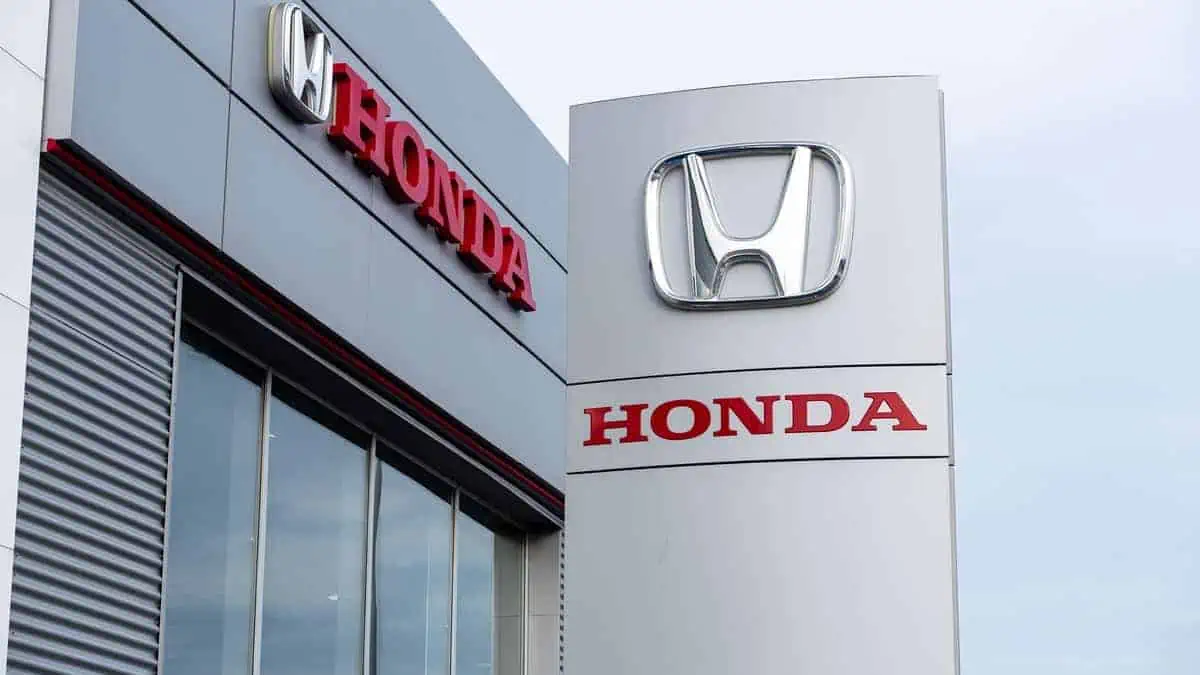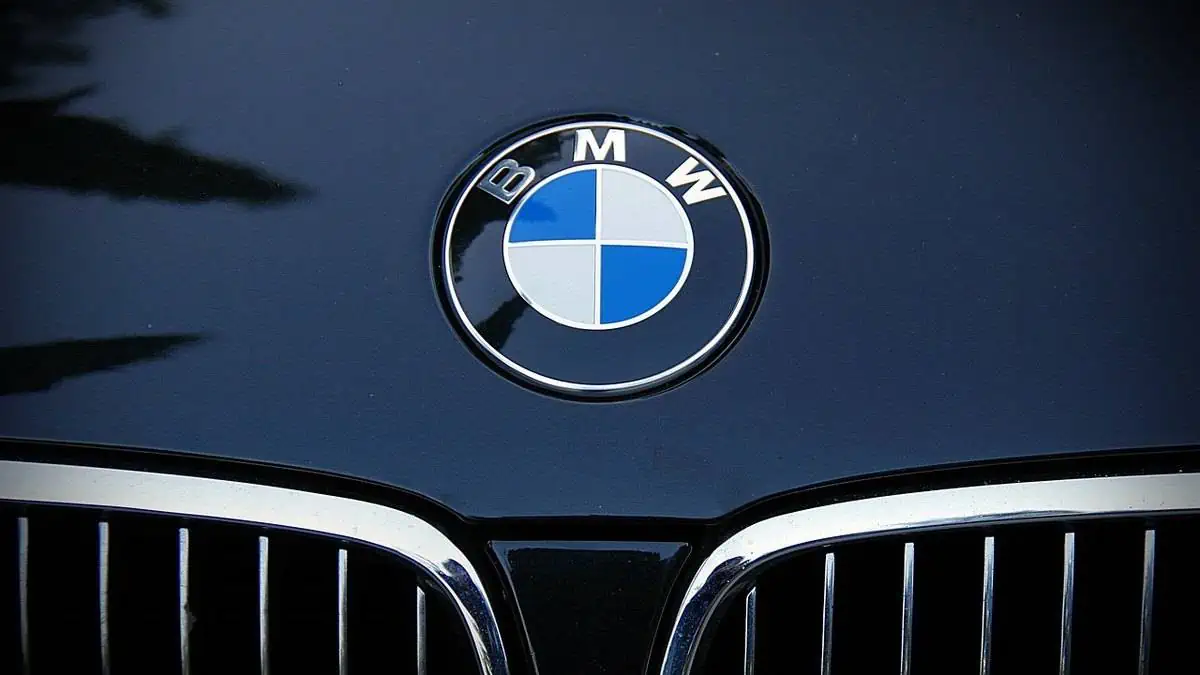Japanese legacy automakers Mitsubishi and Honda announced Thursday that they officially signed the memorandum of understanding (MoU), marking the start of their collaborative efforts to establish new businesses to capitalize on the electric vehicle industry.
Purpose
According to the joint press release, the parties aim to utilize their skills and knowledge to launch business models that align with the growing prevalence of electric vehicle models.
They aim to collaborate in developing new businesses that can significantly boost value for current and future customers through EV and battery technologies.
Without further ado, here are the plans of the Japanese automakers under the MoU.
Battery monitoring business
Mitsubishi and Honda plan to launch a new business to monitor the consumption and usage of the latter’s mini-EV model battery.
They also aim to explore converting EV batteries into stationary energy storage units.
For context, Honda plans to start selling the EV model in the Japanese auto market in 2024.
“Preparing for the era of full-fledged popularization of EVs, Honda will not only sell EVs, but take a proactive approach to energy management, where EV batteries will be utilized as an energy source, and we are also focusing on resource circulation, including the reuse and repurposing of EV batteries, which contain various rare resources. Starting with this initiative with MC in the area of mini-EVs in Japan, Honda will strive to maximize the value we offer to our customers and build a foundation for sustainable business from a long-term perspective, while working with a variety of partners and accommodating the unique market characteristics of each region.”
Toshihiro Mibe, Honda Global CEO
Smart charging business
The two Japanese companies also aim to explore smart charging technologies that enable automatic charging time modifications for enhanced efficiency.
They also plan to offer “Vehicle to Grid” technology that enables customers to return excess energy from EV batteries to the electricity grid.
Honda and Mitsubishi expect these technologies to aid customers with reduced electricity bills and facilitate efficient battery material usage.
“We understand that the convergence of different sectors such as mobility, energy, services and data is an irreversible trend. Examples can be seen all over the world, as companies seek to go carbon neutral, and new business models like MaaS and CASE (in the automobile industry) pick up stream. MC is aiming to develop its own new business models that balance electrification and decarbonization, to create new cross-industry services, and otherwise reinventing ourselves in keeping with the times.”
Katsuya Nakanishi, Mitsubishi Corporation President & CEO
See Also:
- Mitsubishi Electric taps BlackBerry for a vehicle data platform
- Mitsubishi Motors unveils new EV business plan
- Honda to adopt Tesla NACS for its own and Acura brand EVs in 2025
- Honda convinces investors with its electrification efforts
- Honda forms partnerships with several industry players to boost its electrification strategy
Honda and Mitsubishi’s plans to leverage EV batteries in accelerating their EV advancements have strong potential to succeed in the Japanese market. According to GCR, The country’s energy regulations are set to allow small power storage operators and EV owners to sell energy to the electricity grid by 2026. This new regulation will significantly attract more customers to join the shift to e-mobility.






